
8 minute read
THE PROBLEM WITH CANCEL CULTURE
CANCEL CULTURE BY NOMMO NEWS MAGAZINE
Written by Mahala Herron • Edited by Lola Rice Designed by Rafi Saqer • Photos by Sareeta Young
Advertisement
WHAT IS CANCEL CULTURE?

Cancel culture is a current youth ideology that encourages people to “call out” or attack others for a range of reasons. One can be cancelled if they have differing views, if they have done something morally wrong, or if they have said something presumably insensitive to a specific community. The goal of “cancel culture” is to hold those in power accountable for their actions, and for them to further understand how their actions and words affect specific communities.
THE RELEVANCE OF CANCEL CULTURE
Cancel culture is a relevant ideology in society. Young people are generally concerned about public censorship and saying the wrong thing on the internet. When do “innocent” jokes go too far? How much time must pass before we forgive something someone said as a young person? What does “cancelling” someone look like in our everyday lives?

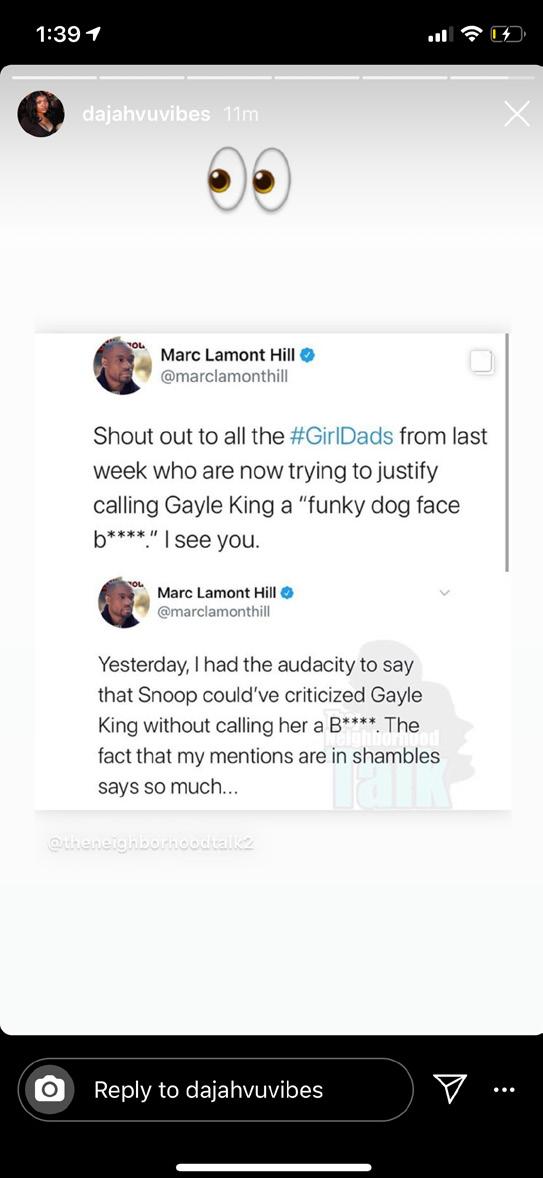
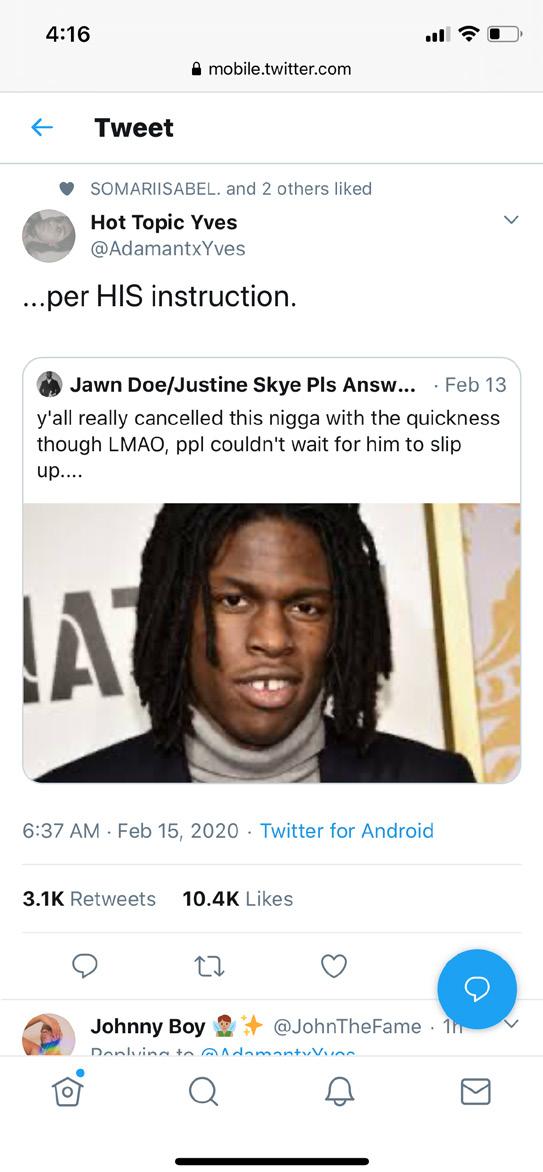

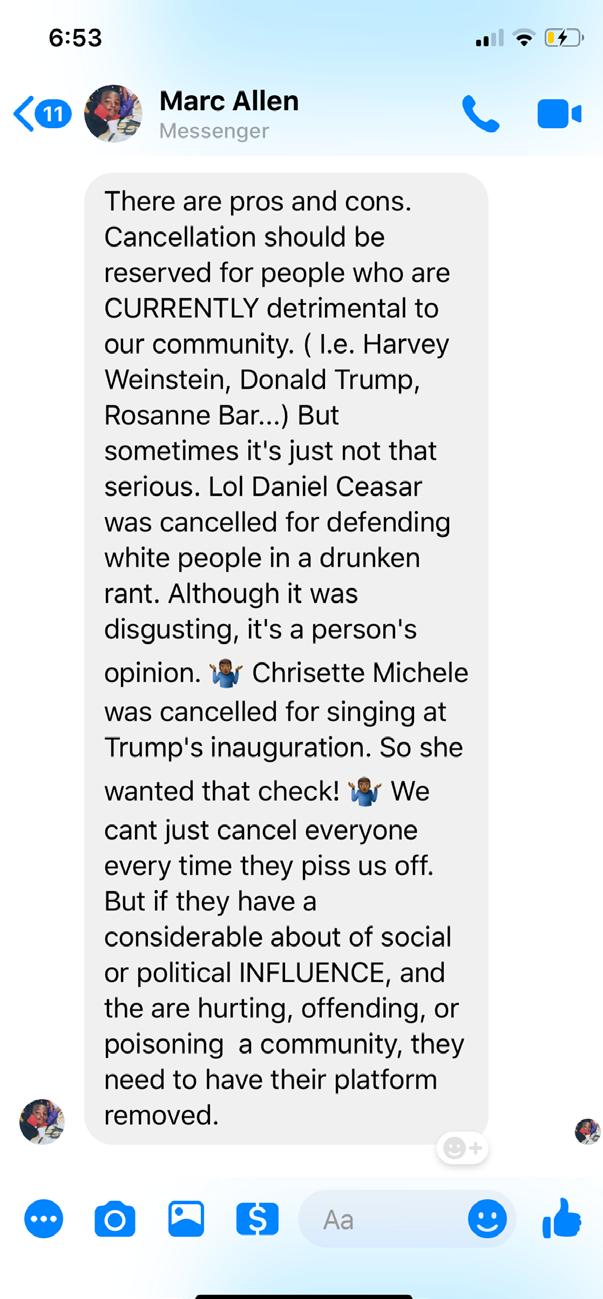

THE PROBLEM WITH CANCEL CULTURE THE PROBLEM WITH CANCEL CULTURE
Sensitivity is a plague on my generation. Instead of focusing on the big picture, we tend to zero in on meticulous details and semantics. When we focus on semantics, or wording that can be considered “unwoke,’’ we sacrifice understanding of the greater argument at hand. Because of this, on Twitter, if you do not have the most politically correct 160 characters, then your argument is deemed invalid and you are subject to cancelation.
Cancel culture creates a toxic pressure on black people to conform to the prevailing opinions of the community. Many black people often complain that others categorize us as a monolith, but cancel culture, which is often perpetuated by black people, homogenizes the diversity of our cultures’ voices. If you do not agree with the popular “black” opinion, then you run the risk of being socially isolated and outcast. Diversity of thought is no longer accepted or appreciated.
Cancel culture is a current youth ideology that encourages people to “call out” or attack others for a range of reasons. One can be cancelled if they have differing views, if they have done something morally wrong, or if they have said something presumably insensitive to a specific community. The goal of cancel culture is to hold those in power accountable for their actions, and for them to further understand how their actions and words affect specific communities. We toe a fine line between diversity of opinion and saying something that could be potentially damaging to a group of people.
There is a spectrum of things that people can be cancelled for, and some matters are far less serious than others. People who have been canceled for serious offenses such as sexual assault and spreading hate are: Harvey Weinstein, R. Kelly, Donald Trump and Bill Cosby. People who are cancelled for making racist remarks are: Lena dunham, Camilla Cabello, Jeffery Star, and Sabrina Claudio. However, there are also people who have been cancelled for having differing views, and making bold statements without regards to the impact of said statements. Kanye West and Raven Symone, whose stated opinions toe the line between unconventional and potentially damanging, have also been cancelled. Brands that have been cancelled include: Gucci, Prada, Tommy Hillfigure and H&M. Many other people and brands have been mentioned in the context of cancellation, Oprah Winfrey, Elon Musk, and Victoria’s Secret, are a few more names that grace the long list.
During the late 1960’s, civil rights movements such as the Black Panther Party hosted community service events, organized marches, and fought (sometimes physically) for equality. In 2020, young people now continue that battle through social media but the rise of cancel culture is compromising the integrity of our struggle. Inherently, social media amplifies voices so that movements can be heard, Twitter being the most efficient social media app for doing so. Social media allows us freedom of speech, expression, and self promotion, but also makes way for group think, ego, and cyber bullying. “The problem with cancel culture is that it fails to educate individuals on their mistakes.”
After all, 160 characters can never suffice in clear communication. In a talk with actress Yara Shahidi, Barack Obama addresses cancel culture amongst young people, “I do get a sense sometimes now among certain young people, and this is accelerated by social media, there is this sense sometimes of: ‘The way of me making change is to be as judgmental as possible about other people, and that’s enough.” While it is important to hold people accountable for their actions, we must hold all people to the same standard. One may note that unjust black men are held the most accountable for their wrongdoings by society. Historically, African American men were criminalized since they arrived from Africa in 1684. Serving as a spectacle, and further terrorized, lynching served as a vessel to publically hold African American’s accountable. White men were justly held accountable in the court of law, or never at all. In 2020, this pattern continues, where black men are crucified for their wrongdoings, while white men tend to get away with atrocities.
The problem with cancel culture is that it fails to educate individuals on their mistakes. Many African American men and women who perpetuate cancel culture are lacking the historical context and consideration of how African Americans have always been held more accountable in society, and criminalized for our actions and opinions. Cancel culture is the current form of lynching and public shame, stemming from angery mob mentality and physchological group-think. The act of “cancelling” someone simply shuns them immediately, without understanding where they may be coming from. Cancel culture also fails to educate the individual on their mistake or how what they said or did affects communities at large.
Besides, how can we cancel someone who is already not accepted in America? Instead of cancelling and publicly shaming our own, we should first personally recognize the wrongdoing, identify the effect it may have on our immediate circle and communities at large, and finally attempt to educate that person on how what they said or did was wrong or offensive. This way, we make space for a host of diverse populations at once, while bettering our community.
There are certain actions which warrant public accountability. Public accountability amongst cultures and society serves as a great way to communicate major issues; however, we should learn to understand and educate eachother rather than judge and cancel. When we cancel someone, we handicap them, and as a progressive society we should encourage betterment such as mental health counseling and better public education. Nevertheless, cancel culture is not progressive.

The Cancel Spectrum
KANYE WEST Cancelled for saying “slavery was a choice.” Kanye West has shared his mental health struggle, admitting that he has been diagnosed with Bipolar Disorder, which can cause racing thoughts, poor decision making, and a false sense of superiority. Instead of cancelling Kanye, we should educate him on the impact of his statement, and continue the discussion of mental health in the Black community with compassion instead of judgement.
should be educated
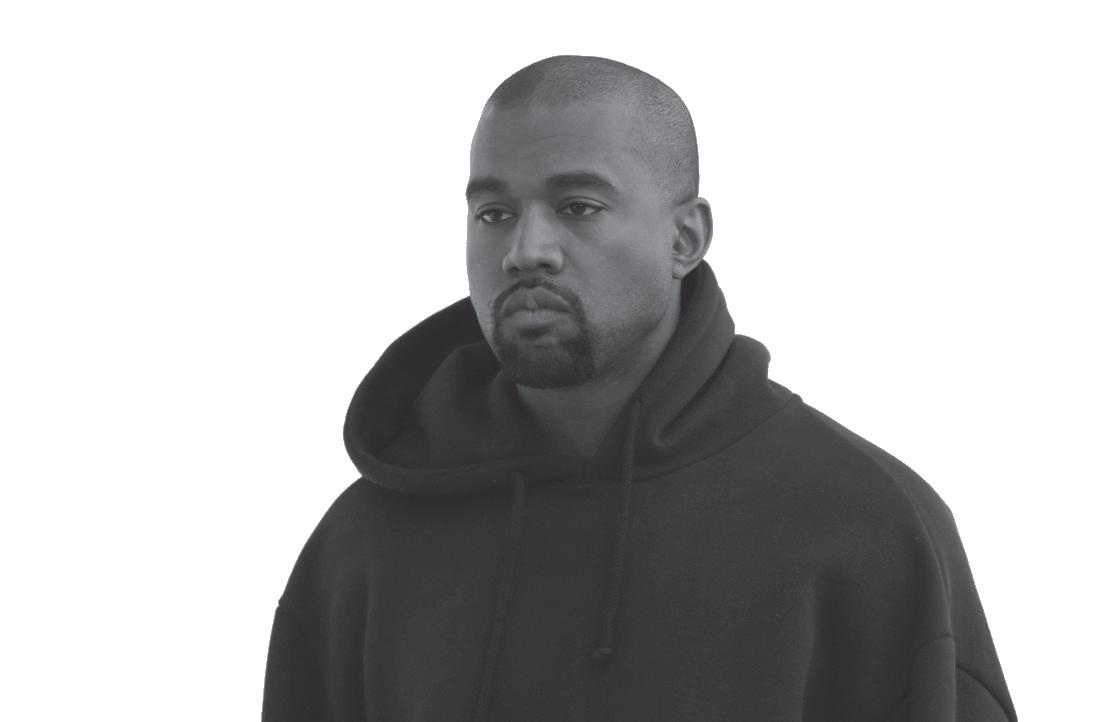
NICKI MINAJ Cancelled for marrying a convicted sex offender. While Minaj’s personal life deserves to remain private, as a famous rapper, she should be educated on how her personal decisions affect the public. It should be noted however, that her brother is also a convicted sex offender, so instead of cancelling Minaj, we should encourage her to explore her relationships and any possible trauma she has personally experienced, as well as open a dialogue for discussion about criminal reform and grappling with questions about rehabilitated sex offenders.
should be educated
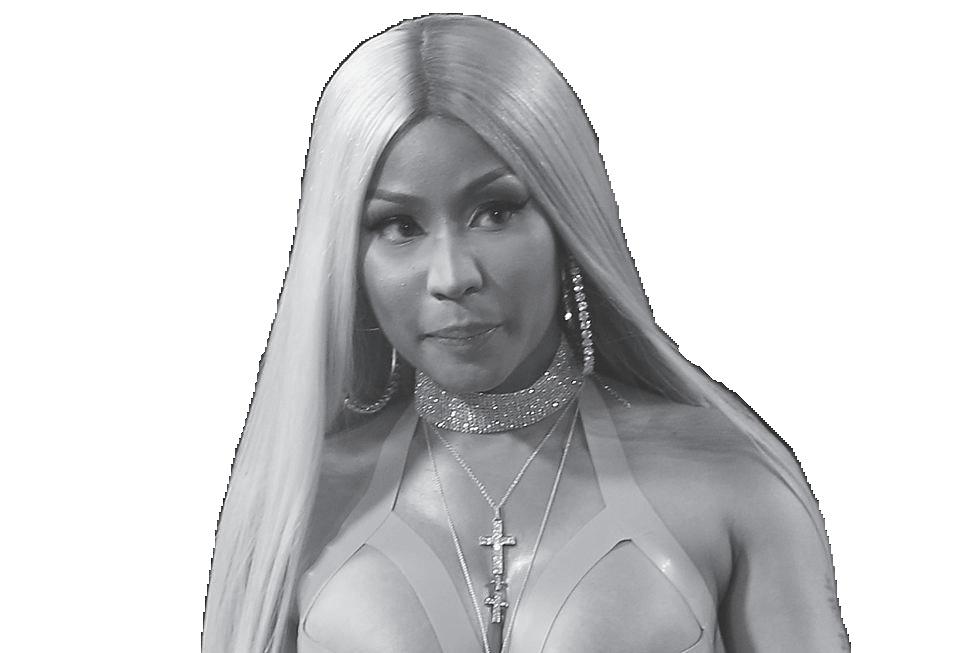
SABRINA CLAUDIO
should be educated

Cancelled for racist remarks toward Black and Latina women. Specifically “It must suck to be a Black girl with no booty.” “Fuck it, I’ll be a Black girl for Halloween.” “sweaty chonga.”
LENA DUNHAM Cancelled for making racist remarks, comparing Bill Cosby to the Holocaust, and assuming that Odell Beckam Jr was supposed to validate her at the Met Ball (further perpetuating racial stereotypes). Lena Dunham toes the line of rightful cancellation because of her repetitive ignorance. While she can still be educated, time and time again, she should seek her own understanding for her own needs of validation in society and from the public.
should be educated
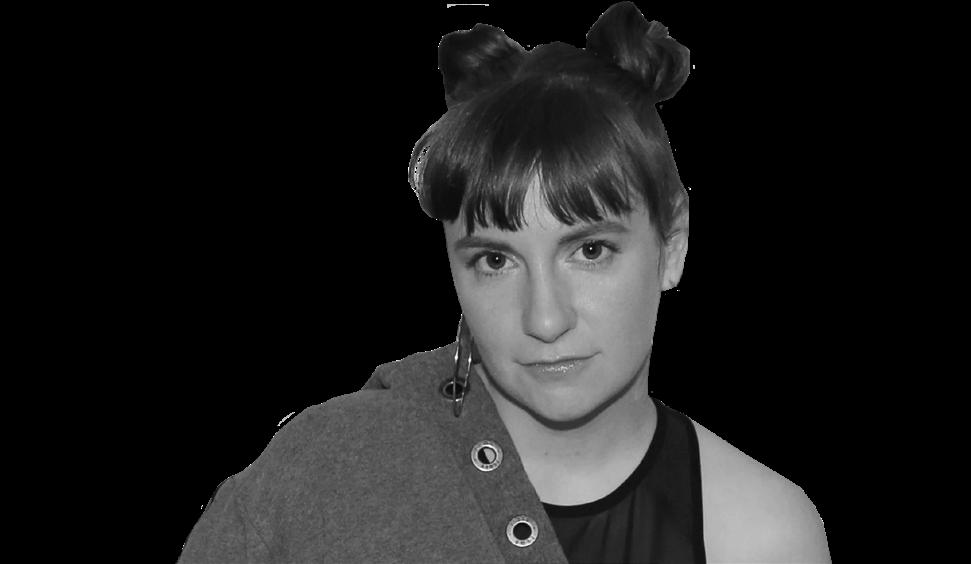
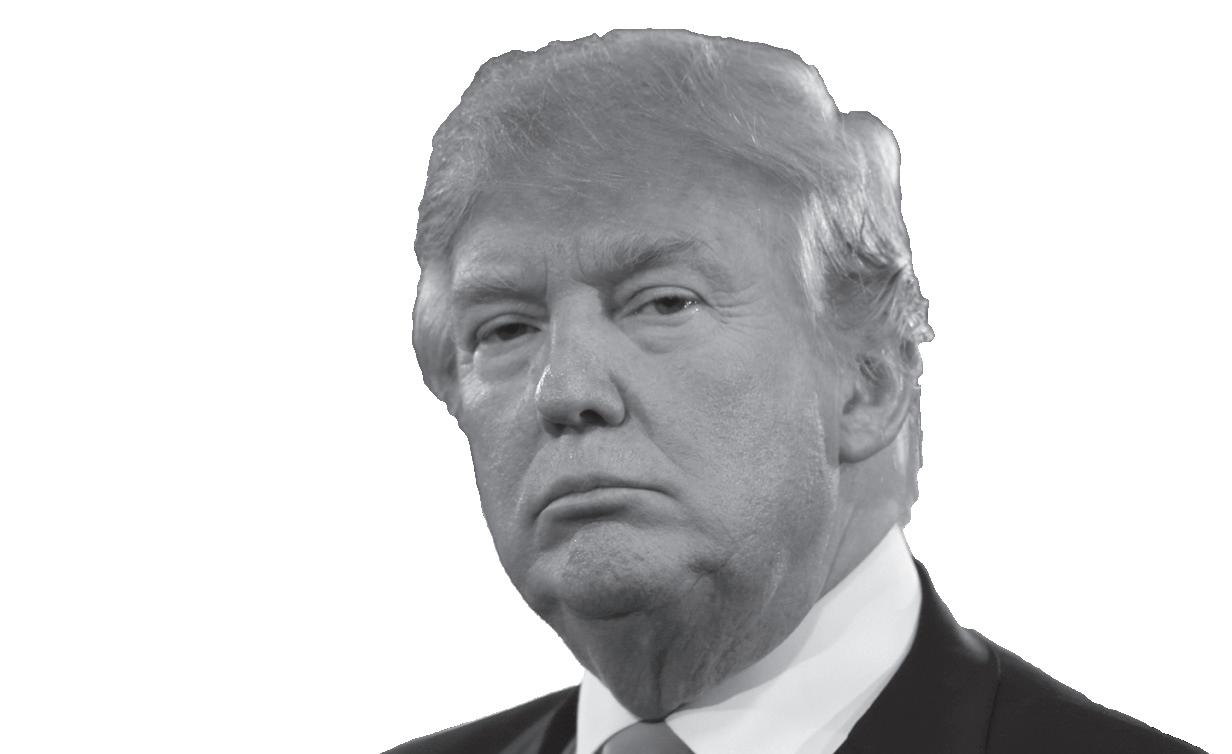
DONALD TRUMP Cancelled for spreading hate speech, mocking people with special needs, and saying “grab women by their pussies.” Donald Trump has caused so many families and people pain. He has spread hate and phobia as the 45th president of the United States, that he is rightfully cancelled.
should be cancelled
R. KELLY should be cancelled

Cancelled for multiple sexual assaults against underage Black women since the 1980’s. Although R. Kelly has shared his painful story of sexual abuse as a child, his clear pattern of violence against underage women demonstrates that he is not someone who should be looked up to as a public figure, or someone who should be in the spotlight at all. While he should seek help for his mental health state, he is rightfully cancelled.


